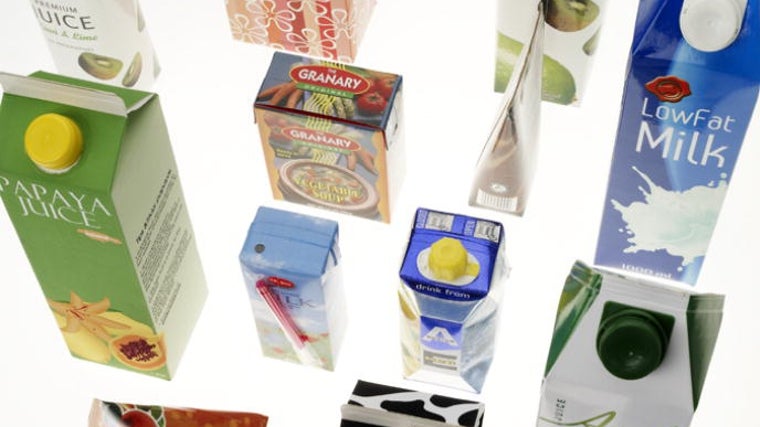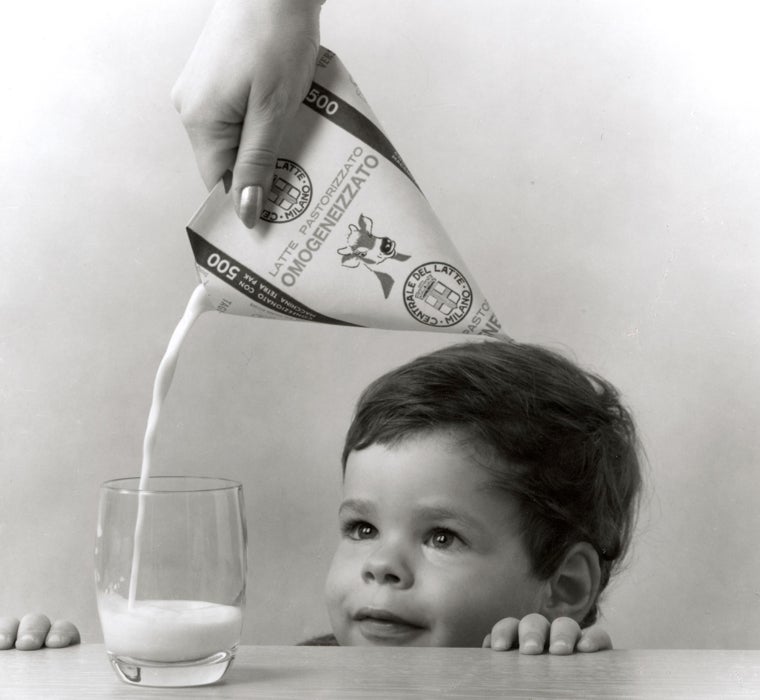The Rausings: The invisible dynasty that controls a global empire without showing its face

Sometimes, silence speaks louder than any image campaign. The Rausing family, heirs to the Tetra Pak empire , has been for decades one of Europe's great millionaire dynasties—and one of the most discreet. Also known for that rectangular Tetra Brik beverage container, a staple in every home. Last year, the company produced 178 billion containers and earned $18.5 billion in revenue. Far from the headlines, business awards, and visible circles of power, the Rausings have cultivated a reputation for mystery, secrecy, and extreme financial efficiency .
 Different Tetra Pak formats
DC
Different Tetra Pak formats
DC
But in 2025, they're back in the spotlight. Not because of scandals or family breakups, but because of two major moves: a massive financial repositioning in global markets and an unprecedented boost to their international philanthropy. According to a Bloomberg report, the descendants of the inventor of Tetra Brik have more than $9 billion invested in the stock market , cleverly dispersed across more than 100 companies in strategic sectors : food, technology, packaging, and biotechnology.
What's most striking isn't the magnitude of their wealth, but the absolute control over its visibility. Media outlets such as Bild and the BBC have already emphasized in the past that they don't give interviews. They don't appear in public rankings. They don't appear on social media. They are known to reside between the United Kingdom and Switzerland, where they have lived for decades under the status of "non-dom" residents—meaning individuals resident in one country but declaring their domicile in a different one—which has allowed them to pay less tax on international income.
The family's culture of silence has been such that even important personal moments have been handled with absolute secrecy. With the exception of 2012, Eva Rausing, wife of heir Hans Kristian, died of an overdose, and her body remained hidden for weeks in the family mansion. The case shocked the United Kingdom, but it did not ultimately shake the wall of privacy surrounding the Rausings.
Who would have thought that a cardboard box would give rise to an empire? The story begins with Ruben Rausing, born in 1895, a Swedish visionary who forever changed the food industry with a simple yet revolutionary invention. Bloomberg notes that he spent several years in New York, where he studied at Columbia University. It was there that he saw the city's self-service grocery stores and assumed the concept would soon be adopted in Europe, increasing demand for convenient, consumer-sized packages of basic products.
 Advertising Poster from Italy
DC
Advertising Poster from Italy
DC
Back in Sweden, he founded Tetra Pak in the 1950s, and the product became ubiquitous in modern society. His sons, Gad and Hans Rausing, turned that idea into a multinational empire . In the 1990s, Gad bought out Hans and consolidated full control of the company under the Tetra Laval Group , now headquartered in Switzerland.
Unlike other large corporations, Tetra Laval is not listed on the stock exchange. It is completely private. No one outside the family can access its financial information. The opacity is enormous, making it difficult to know the exact size of its fortunes and profits . The conglomerate controls everything from packaging machinery to agricultural technology and is, today, one of the largest and most profitable industrial groups in Europe.
The three current heirs—Finn, Kirsten, and Jörn Rausing—manage a fortune estimated at between $9 billion and $12 billion, according to Bloomberg and Caproasia. They do so from discreet offices, such as Longbow Finance in Lausanne, and through financial vehicles such as Winder Investments (which controls stakes in listed companies such as IFF, Givaudan, and SIG Group) and the Haldor Foundation, registered in Liechtenstein.
Bloomberg has now revealed that through these entities, the Rausings hold a $1.9 billion stake in IFF, a $2.4 billion stake in industrial gases company Linde, and a $2.2 billion stake in fragrance maker Givaudan, as well as smaller stakes in companies ranging from Apple to Wells Fargo, regulatory filings show.
Despite this low profile, the Rausings have been one of Europe's largest private donors for years. They've done so through entities such as the Hans Rausing Trust (now the Julia Rausing Trust), which has distributed more than $610 million to social causes in the UK since 2014. The Sigrid Rausing Trust, focused on human rights and social justice, has donated more than £200 million since 2003. And by 2025, the family announced it will allocate $124 million annually in donations from its main trust, attracting the attention of media outlets such as Lifestyles Magazine and the Bloomberg Philanthropy Monitor.
In a world where millionaires compete for attention, the Rausings represent the opposite: discretion. They don't need to be visible to influence. While their design remains on millions of shelves around the world—on milk or juice cartons—their investments and donations shape invisible landscapes of contemporary European power. The Rausings don't seek headlines, but when they do, the world realizes how much they've been doing without saying anything.
ABC.es




